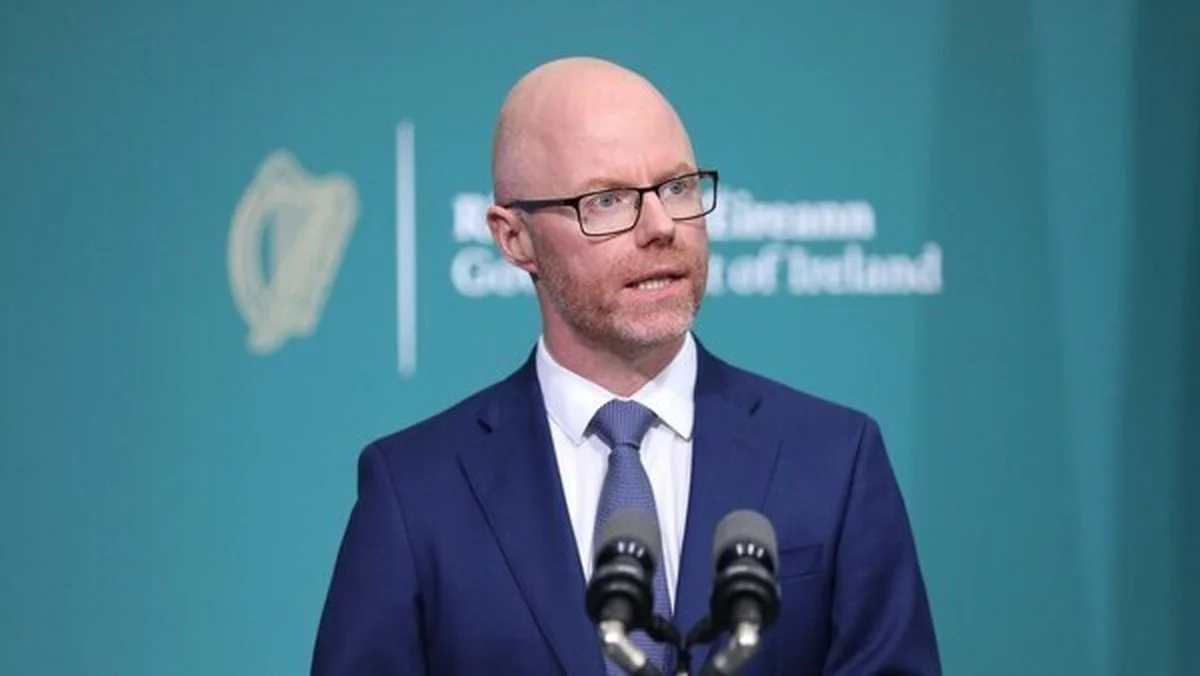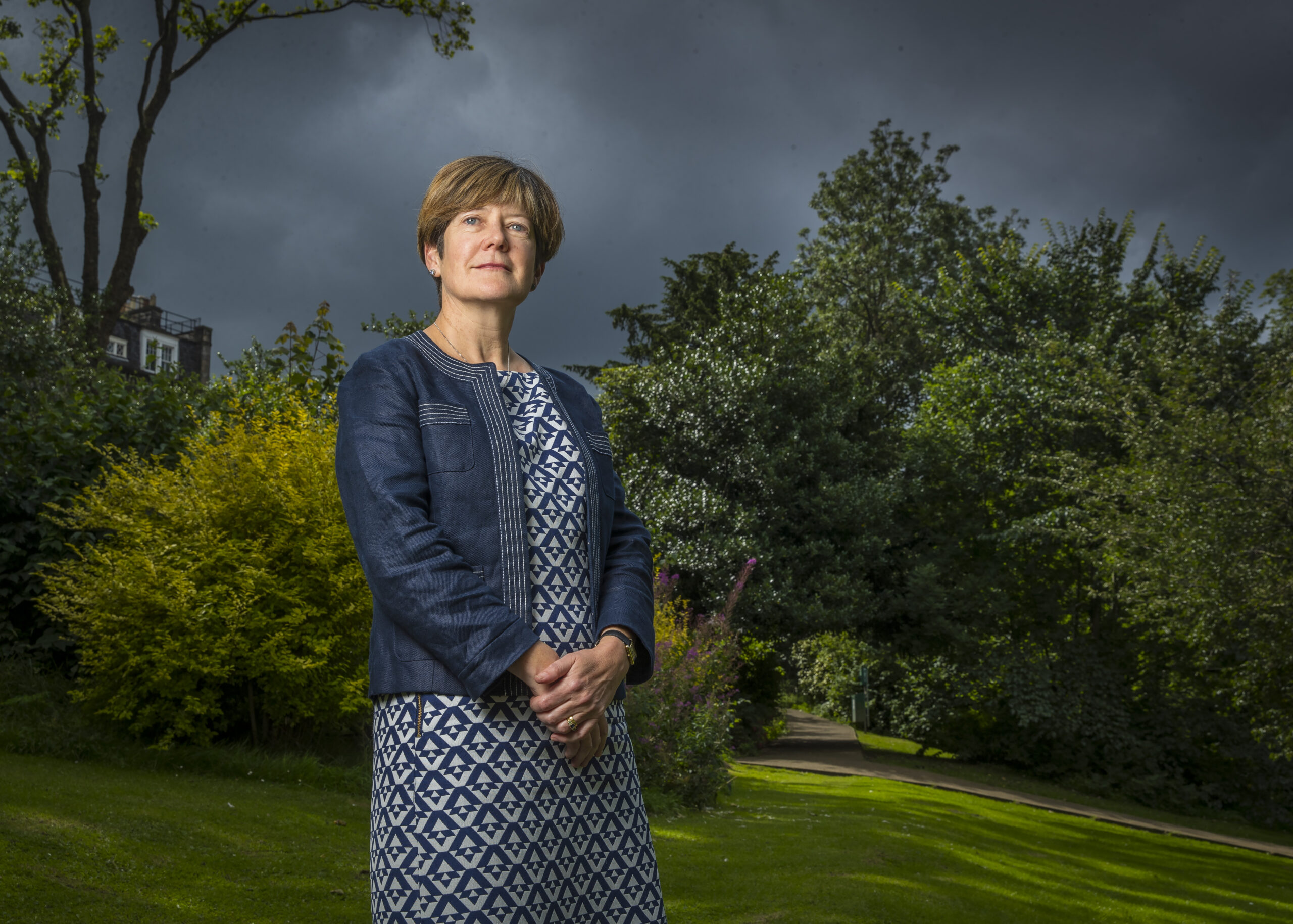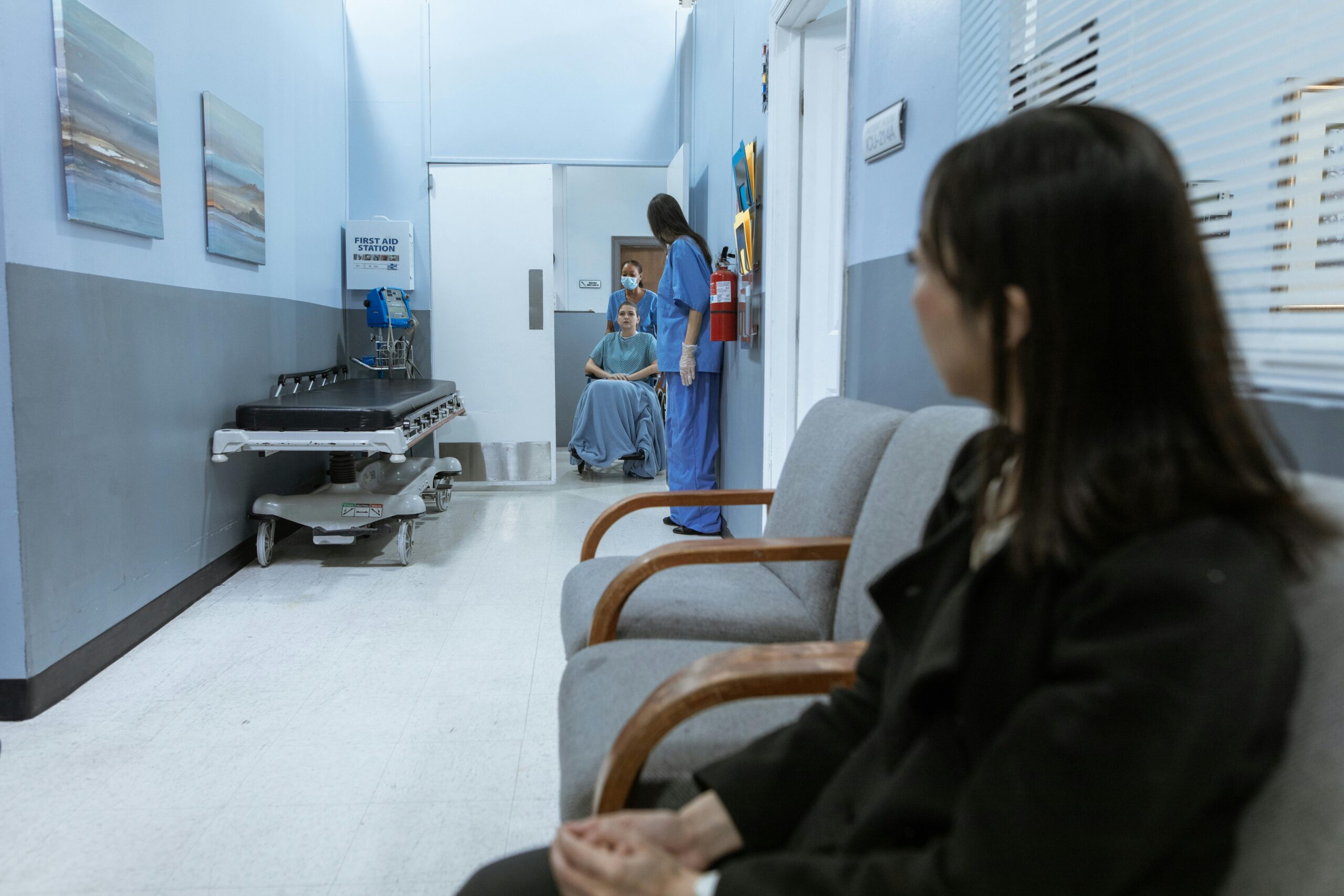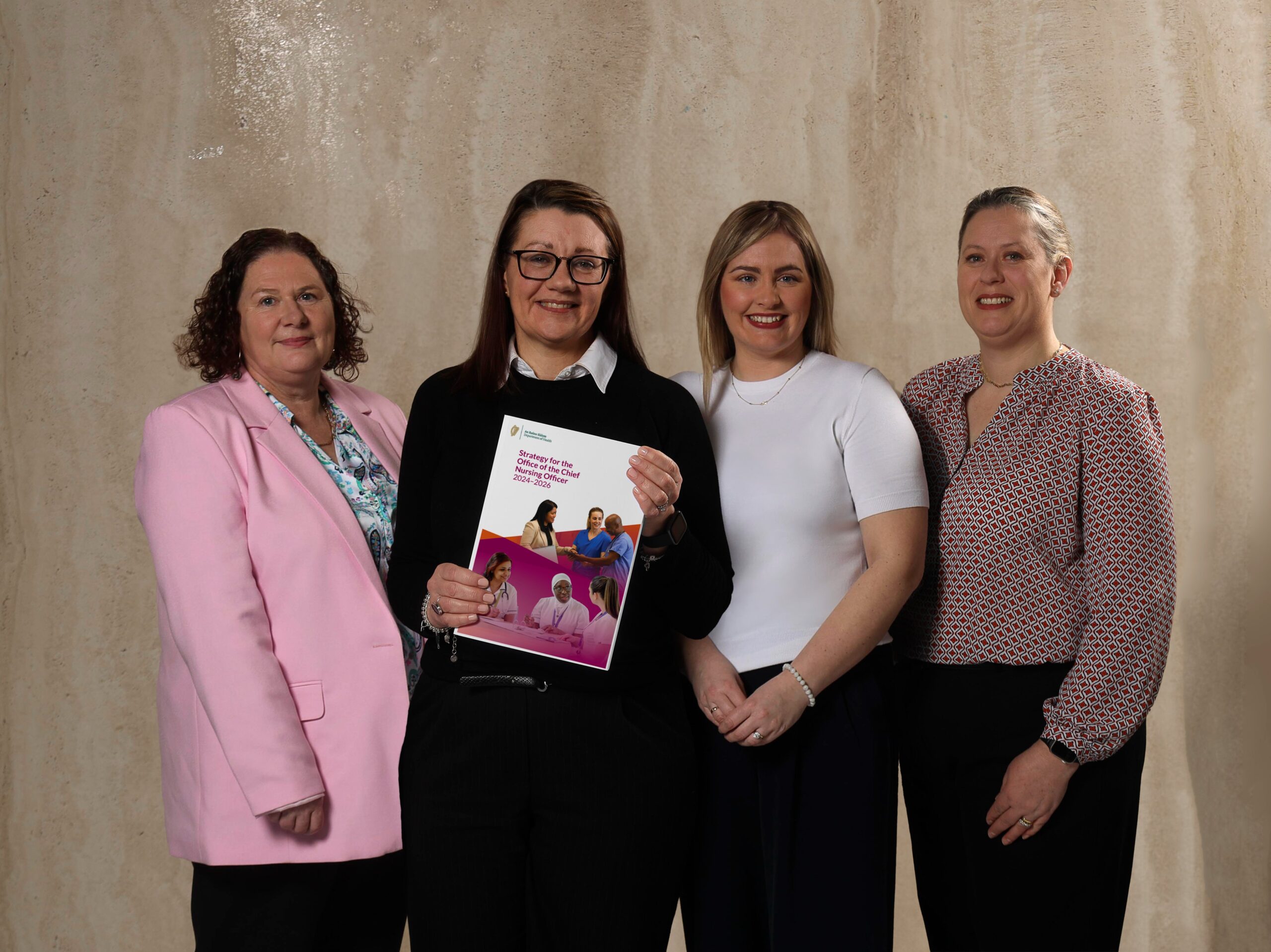Irish-based firm looks at blood-based alternative to a Covid-19 vaccine

Whether it’s starting from scratch to develop an entirely novel vaccine, or testing the effectiveness of an existing vaccination on Covid-19, healthcare companies across the globe have been working day and night to find an effective treatment to immunise patients against the virus.
While the vast majority of these efforts involve small-molecule drugs, Japanese pharma firm Takeda, which has base in Ireland, has opted to tackle the infection more directly using blood plasma.
The company has worked on plasma-derived therapies for more than 75 years, and for the past two months has been attempting to develop one such treatment for high-risk patients already infected with SARS-CoV-2, the virus that causes Covid-19.
Plasma-derived therapies and hyperimmune globulins
Plasma-derived therapies come from patient donations of blood plasma and can be used to treat a number of rare diseases – including bleeding disorders like haemophilia.
These therapies replace vital missing or deficient proteins associated with the disease, reducing or even curing symptoms in the process.
Hyperimmune globulins – a type of plasma-derived therapy product – are designed to give a patient passive immunity against a specific disease.
They do this by transferring the antibodies against a disease from the blood plasma of a previously infected patient to someone who is currently infected.
Hepatitis B, rabies and tetanus are among the diseases that have been successfully treated using hyperimmune globulins in the past.
How Takeda is developing a Covid-19 treatment
As one of the largest biopharmaceutical firms in the world, Takeda typically focuses on vaccine R&D, as well as its plasma-derived therapies, and works across four main therapeutic areas: Oncology, rare diseases, neuroscience, and gastroenterology.
It obtains donations of blood plasma through a global collection network called BioLife – which the company describes as a “world-class” industry leader in sourcing and storing plasma.
Takeda is now channelling its expertise in plasma-derived therapies towards developing an anti-SARS-CoV-2 hyperimmune globulin with its novel drug candidate, TAK-888.
Takeda announced this new clinical development project on 4 March, and said that convalescent plasma – blood plasma from patients who have already recovered from the virus – would be transported to manufacturing facilities to undergo proprietary processing, including effective virus inactivation and removal processes.
Because this plasma contains specific antibodies against Covid-19, it can then be purified into a hyperimmune globulin product to mitigate, or even prevent, the severity of illness in patients.
Dr Rajeev Venkayya, president of Takeda’s Vaccine Business Unit and co-lead of the company’s Covid-19 response team, said: “As a company dedicated to the health and well-being of people around the world, we will do all that we can to address the novel coronavirus threat.
“We have identified relevant assets and capabilities across the company, and are hopeful that we can expand the treatment options for patients with Covid-19 and the providers caring for them.”
Takeda’s industry collaborations
On 6 April, Takeda announced it would immediately be entering into a partnership with US biopharma firm CSL Behring to accelerate development of a Covid-19 hyperimmune globulin.
This alliance also involves several other companies in the pharmaceutical sector, UK-based plasma specialists Biotest and BPL (Bio Products Laboratory) Plasma, French biopharma firm LFB (Laboratoire Francais du Fractionnement et Des Biotechnologies), and Swiss company Octapharma.
Takeda said the collaboration would leverage “leading-edge” expertise and improve key aspects in developing a Covid-19 treatment – including plasma collections, manufacturing and clinical trials.
Julie Kim, president of Takeda’s Plasma-Derived Therapies Business Unit, noted that “unprecedented times call for bold moves” following the collaboration announcement.
“We collectively agree that by collaborating and bringing industry resources together, we could accelerate bringing a potential therapy to market as well as increase the potential supply,” she added.
CSL Behring executive vice president and R&D head Bill Mezzanotte said: “This effort aims to accelerate a reliable, scalable and sustainable option for caregivers to treat patients suffering from the impact of COVID-19.
“In addition to pooling industry resources, we will also collaborate with government and academic efforts as a single alliance whenever we can, including important activities like clinical trials. This will make it more efficient in these hectic times for these stakeholders as well.”
Takeda has invited any other companies focusing on plasma to offer support or join its alliance with CSL Behring.
Treating respiratory viruses with plasma
While hyperimmune globulins – and plasma-derived therapies generally – are more commonly used to treat rare diseases, there is also evidence they can provide an effective treatment option against respiratory viruses.
A report published online in The Journal of Infectious Diseases in 2015 concluded that convalescent plasma appears to be safe, and may reduce mortality, in patients with severe acute respiratory infections (SARIs), especially when administered early.
It also suggested that clinical trials should be the next step in investigating this type of blood-based therapy, and its effectiveness in treating MERS (Middle East respiratory syndrome).
This is particularly relevant to Takeda’s work, as Covid-19 and MERS are both respiratory infections caused by different species of coronavirus.
But while this study acknowledged that 32 different studies involving SARS (severe acute respiratory syndrome) and influenza patients had shown promising potential in hyperimmune globulins, it also noted that the majority of these studies were “low, or very low, quality”, lacked control groups, and were often at moderate or high risk of bias.
Similarly, a 2018 article published in US medical journal The Lancet stated that transferring human plasma to protect against coronaviruses had not been substantiated by controlled trials.
It also found that previous clinical studies of anti-MERS hyperimmune globulins had reported difficulties in identifying suitable plasma donors, while the risk of transmitting other pathogens to patients during treatment, and costly donor screening protocols, also present a barrier to the use of plasma-derived therapies in giving people passive immunity.
Original article appeared on Clinical Trials Arena by Jamie Bell
You might also like
For relevant updates on Emergency Services news and events, subscribe to EmergencyServices.ie









